(September 18, 2023) Meenakshi Ashley Harris, the US based lawyer, entrepreneur, and children’s book author is more commonly addressed as Meena Harris. The daughter of Maya Harris and the niece of the current US Vice President, Kamala Harris, Meena extensively advocates for women’s rights. Her prominence soared in 2020 when she actively supported her aunt’s US election campaign. This period also saw the release of her debut book, ‘Kamala and Maya’s Big Idea’, which centres on the lives of her mother, aunt, and grandmother, Shyamala Gopalan Harris.
With a strong presence in social media, Meena, a Harvard Law School graduate, and mother of two fervently engages in discussions about social issues and human rights activism. She established the Phenomenal Woman Action Campaign, a women-focused initiative, as part of her ‘Phenomenal’ fashion label. The label’s name is inspired by the poem ‘Phenomenal Woman’ by the iconic Black poet Maya Angelou.
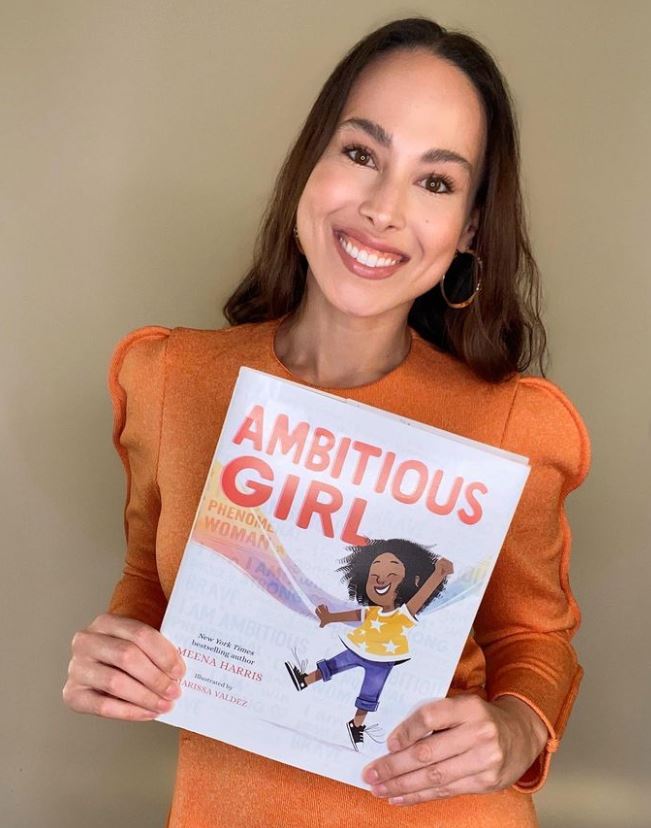
Meena Harris
The entrepreneur-author recently launched a new book, ‘Ambitious Girl’, inspired by Kamala’s drive to support ambitious women. “As a mom to black daughters, diversity and representation in children’s books have always been important to me,” Meena said in an interview with People Magazine.
Proud of Indian lineage
The ancestral village of Meena’s maternal family is situated in Tamil Nadu. She frequently talks about her Indian lineage across various social media platforms. When an American political figure made a derogatory comment about Kamala Harris’ Indian name during her election campaign, Meena Harris was among those who openly expressed their pride in their non-American names. Using the hashtag “#MyNameIs,” she shared, “I’m named after the Hindu goddess Meenakshi, as well as my great-great-grandmother. I come from a lineage of resilient women who instilled in me a sense of pride in my cultural background.” This garnered huge support from the diaspora.
The same year, Harris and Indian-American actress Mindy Kaling exchanged affectionate messages during the Diwali festivities, sparking a joyful atmosphere underscoring Indian heritage on Twitter in the backdrop of the festive mood.

The ‘Phenomenal’ story
Meena worked at Facebook and Uber before turning full-time to entrepreneurship and starting her fashion label.
Initially, it had started as a modest side venture selling ‘Phenomenal Woman’ t-shirts but had tasted success since the beginning. She had sold 2,500 T-shirts on the very first day. The profits were directed towards women-centric organisations like Girls Who Code and Planned Parenthood.
Subsequently, the company evolved into a big apparel brand, expanding its product range to include sweatshirts, leggings, socks, and bodysuits adorned with impactful statements such as ‘Black Lives Matter’ and ‘Phenomenally Indigenous’.
A sweatshirt collection emblazoned with Kamala’s viral quote, ‘I’m Speaking’ is an all-time bestseller of the fashion label. “A statement T-shirt can seem so small and insignificant, especially compared to the enormity of the social change that’s happening before our eyes,” Meena told People magazine. “But there is substance and meaning behind it. And the most basic meaning is people proclaiming to the world that they are worthy, deserving of dignity and proud.”
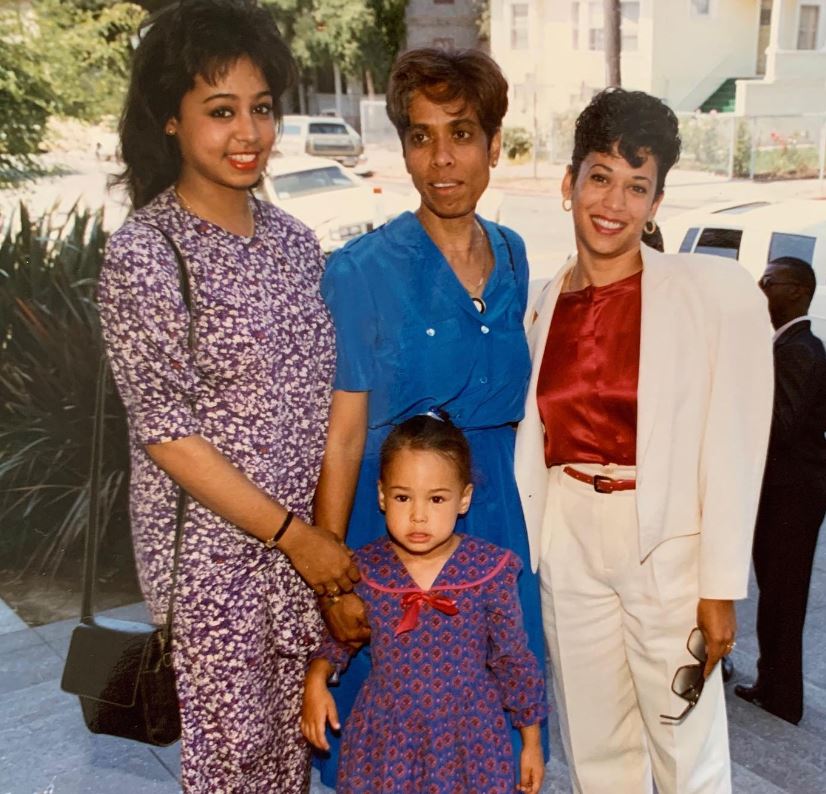
Throwback image: Meena Harris when she was a kid with her mom, grandmother and aunt Kamala Harris
She calls her apparel ‘socially conscious’ because of the sustainability factors attached to it. Celebrities like Kerry Washington and Storm Reid are some of the brand’s loyal customers.
As Meena’s aim is to highlight issues such as racism and oppression faced by marginalised communities through her brand, she remarked, “It serves as a reminder that the world must continually witness and acknowledge these concerns until complete accountability, equality, and justice are achieved for everyone, rather than just a select few who are privileged.”
From apparels to book publishing
About a year ago Meena’s organisation ‘Phenomenal’ expanded into book publishing by getting into a collaboration with Hachette Book Group. This partnership is dedicated to identifying and cultivating literary works from voices that are often underrepresented in both fiction and nonfiction, catering to audiences of all ages, from children to adults.
“We know first-hand that audiences are looking for more stories from authors who, too often, do not receive the meaningful, intimate support that Phenomenal will provide to discover literary talent and position their works for success,” she said.

Apart from ‘Kamala and Maya’s Big Idea’ and ‘Ambitious Girl’, Meena has also authored ‘The Truth about Mrs. Claus’. “I’m proud of this book because it’s so much more than a cute holiday story – it’s about finding truth in purpose while acknowledging important traditions; it’s about intergenerational relationships, and finding your way, even when it means reshaping other’s expectations,” she remarked adding “Changing course and challenging norms can feel scary. I hope every child who picks up this book has someone in their corner as they forge new paths ahead.”
With Phenomenal’s book publishing division, Meena’s goal is to present stories by authors whose voices can help bring a change in society so that the world becomes closer-knit.
On the personal front, Meena enjoys support from her close-knit family. Her partner Nikolas Ajagu, had even taken a short sabbatical from work to take care of their children. The couple had met while working together at Facebook. They are parents of two daughters who often grab the limelight for lighting up the day of their grand-aunt Kamala Harris. The US vice president is not their only fan. The former first lady, Hillary Clinton had once tweeted, “Meeting Kamala Harris’s grand-niece was a highlight of an already pretty great day.” Looking at who it came from, the proud mother ‘actually sobbed’ reading the post.
Meena Harris is hugely inspired by her aunt Kamala Harris. They share a great bond and also happen to share the same birthday.
View this post on Instagram
- Follow Meena Harris on Instagram


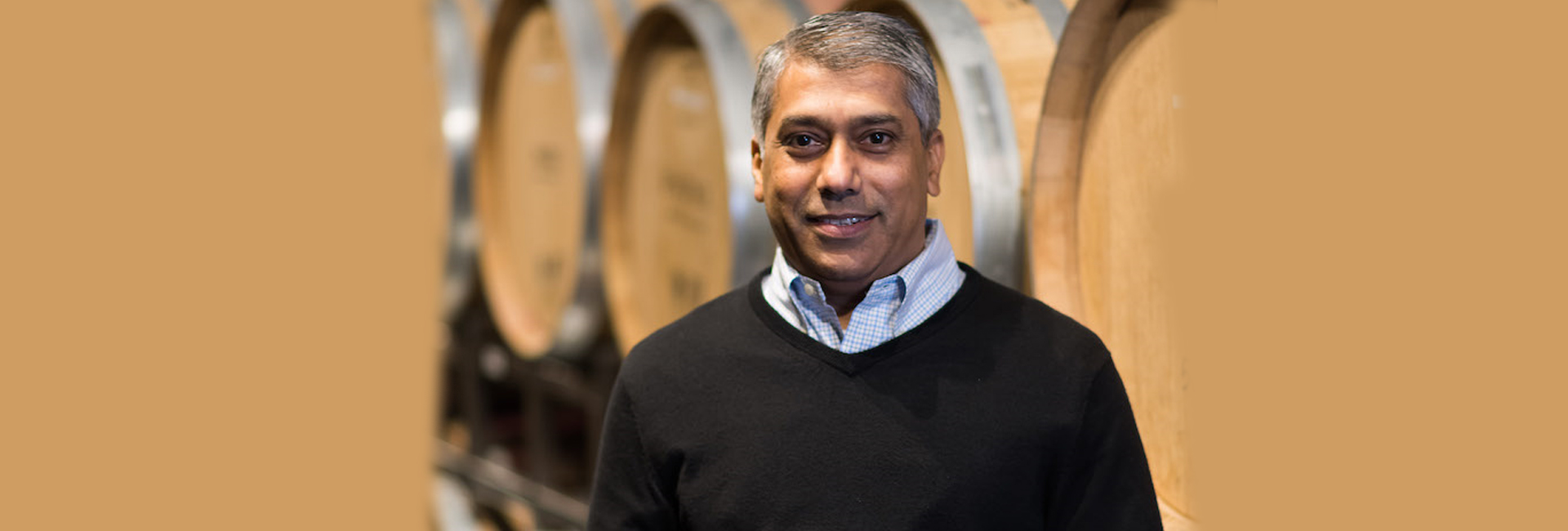
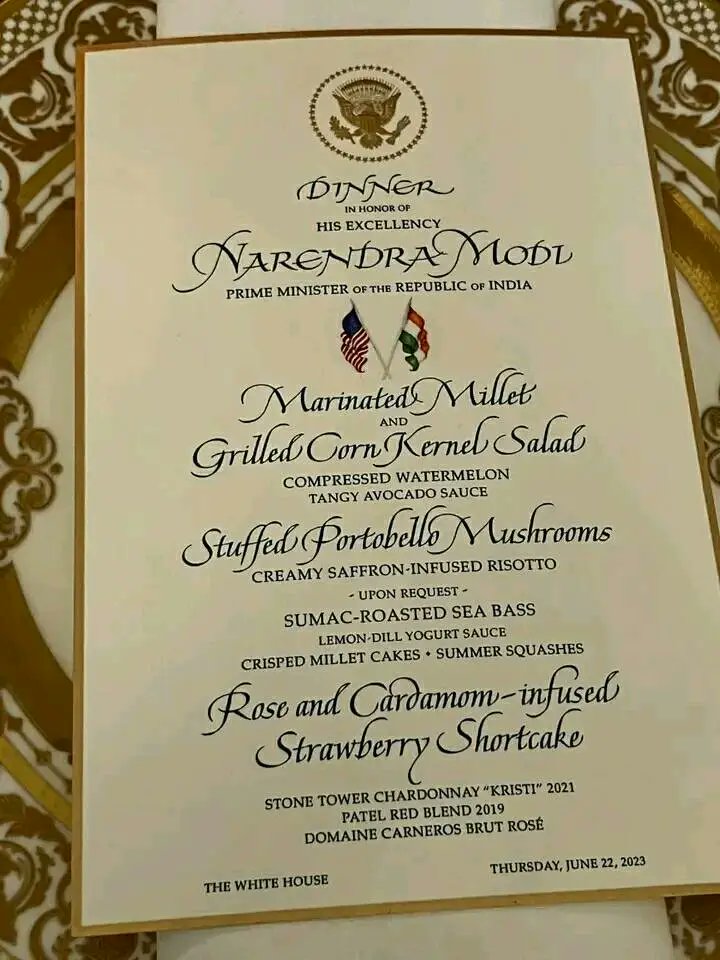
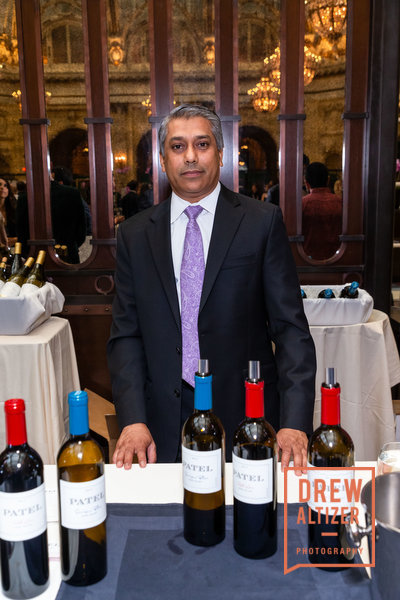
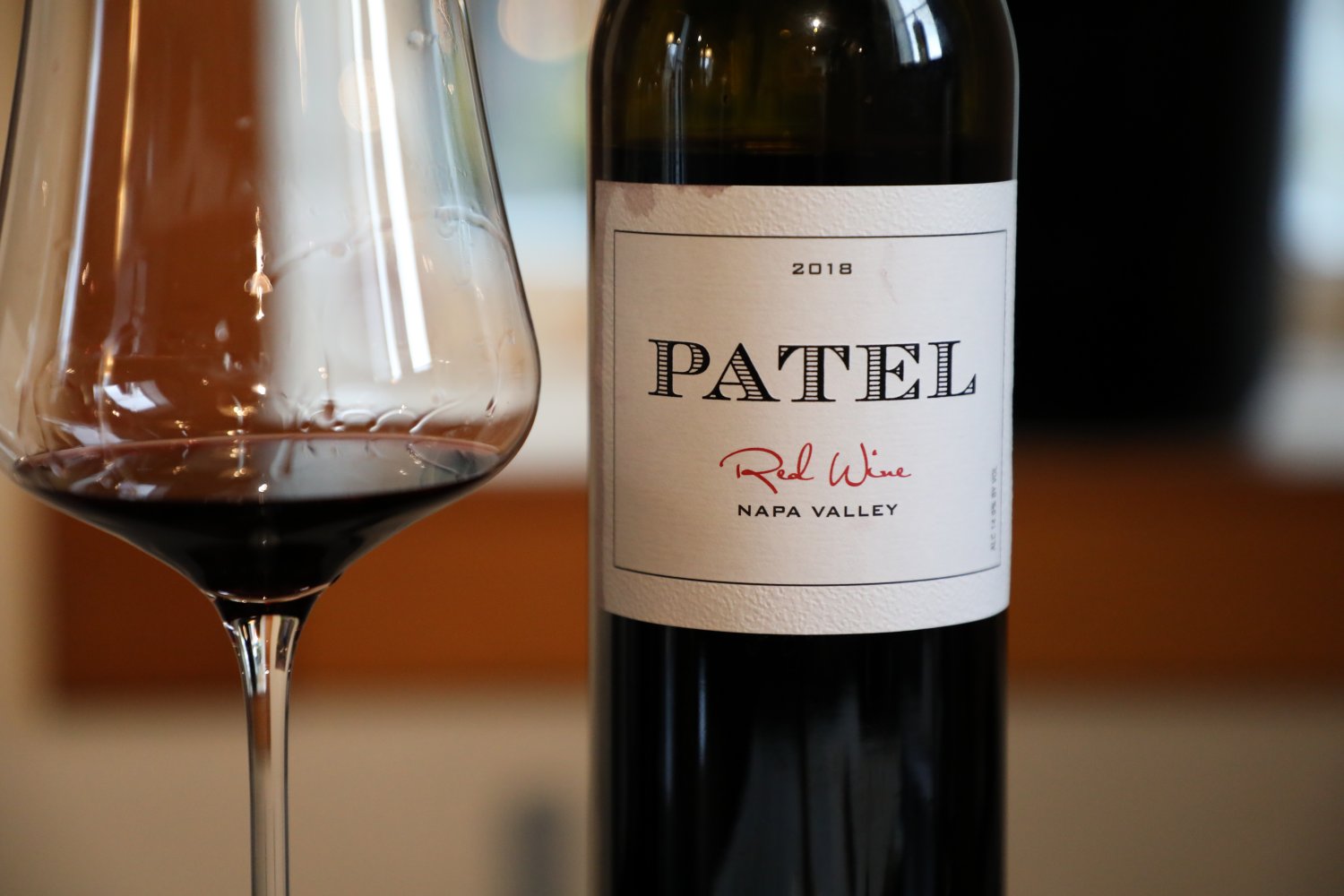

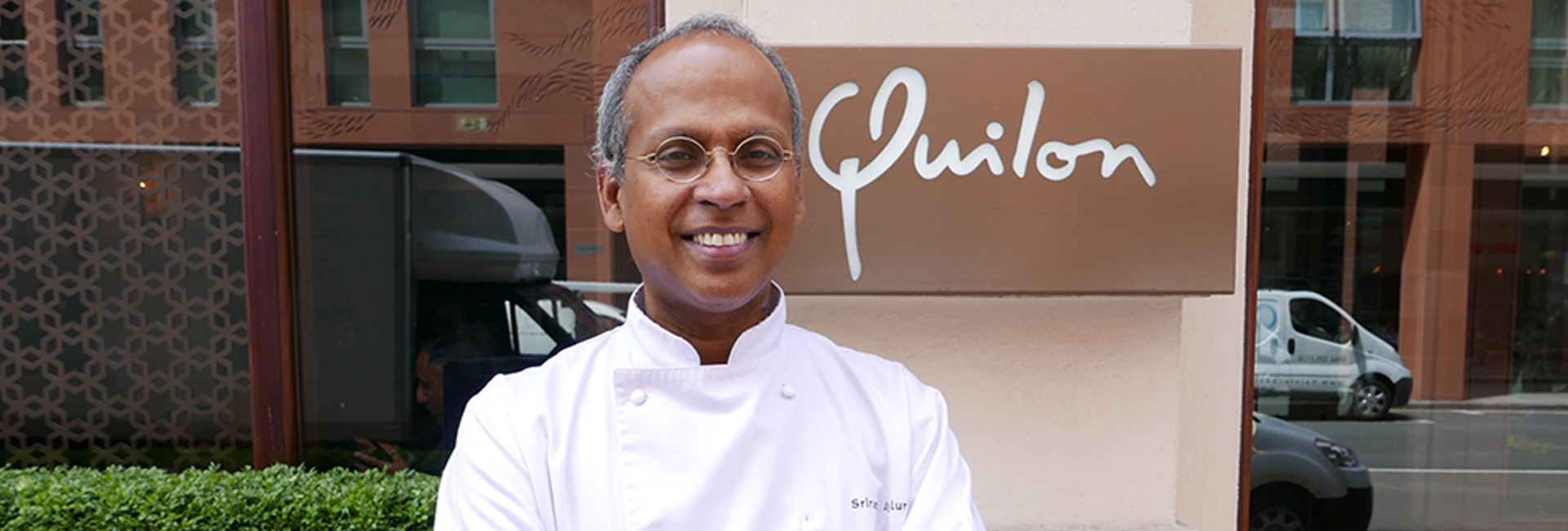
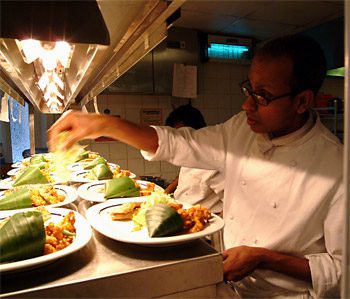 Sriram Aylur preparing food at his restaurant.[/caption]
Sriram Aylur preparing food at his restaurant.[/caption]
 Indian composer Charu Suri[/caption]
Indian composer Charu Suri[/caption]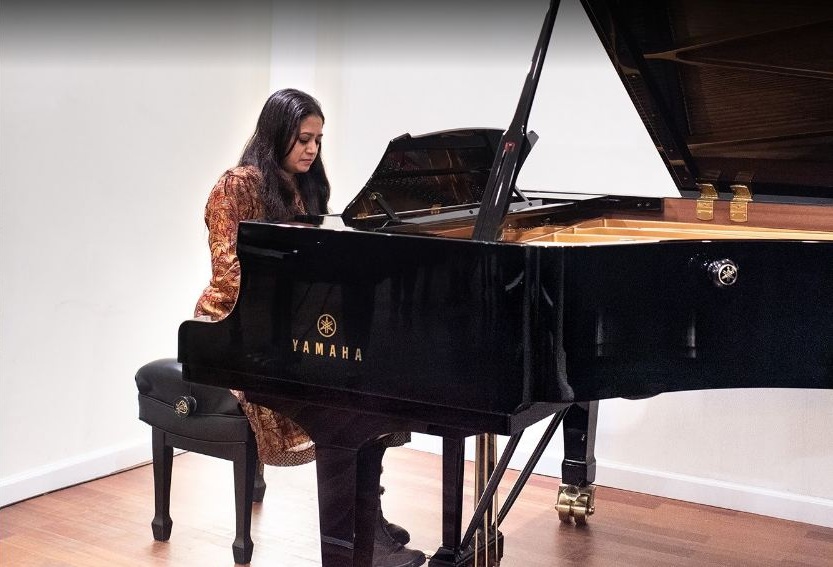

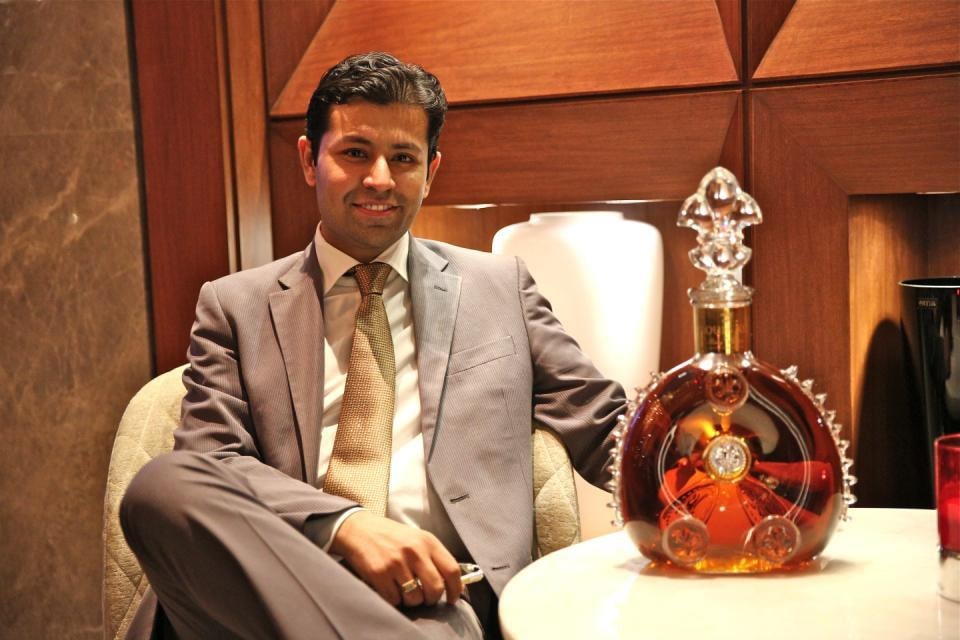 Ankur Chawla, Founder and CEO, Responsible Whatr[/caption]
Ankur Chawla, Founder and CEO, Responsible Whatr[/caption]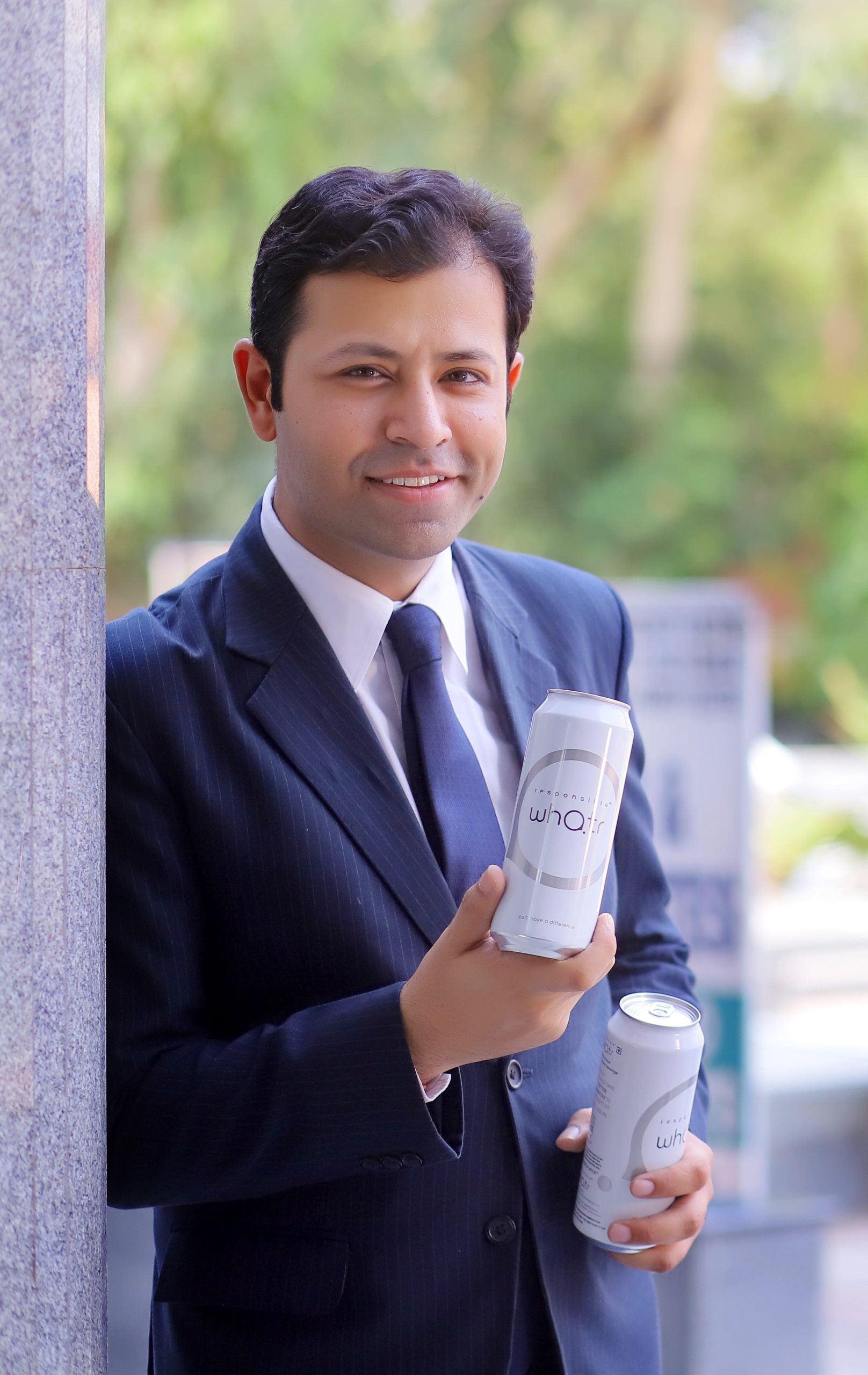
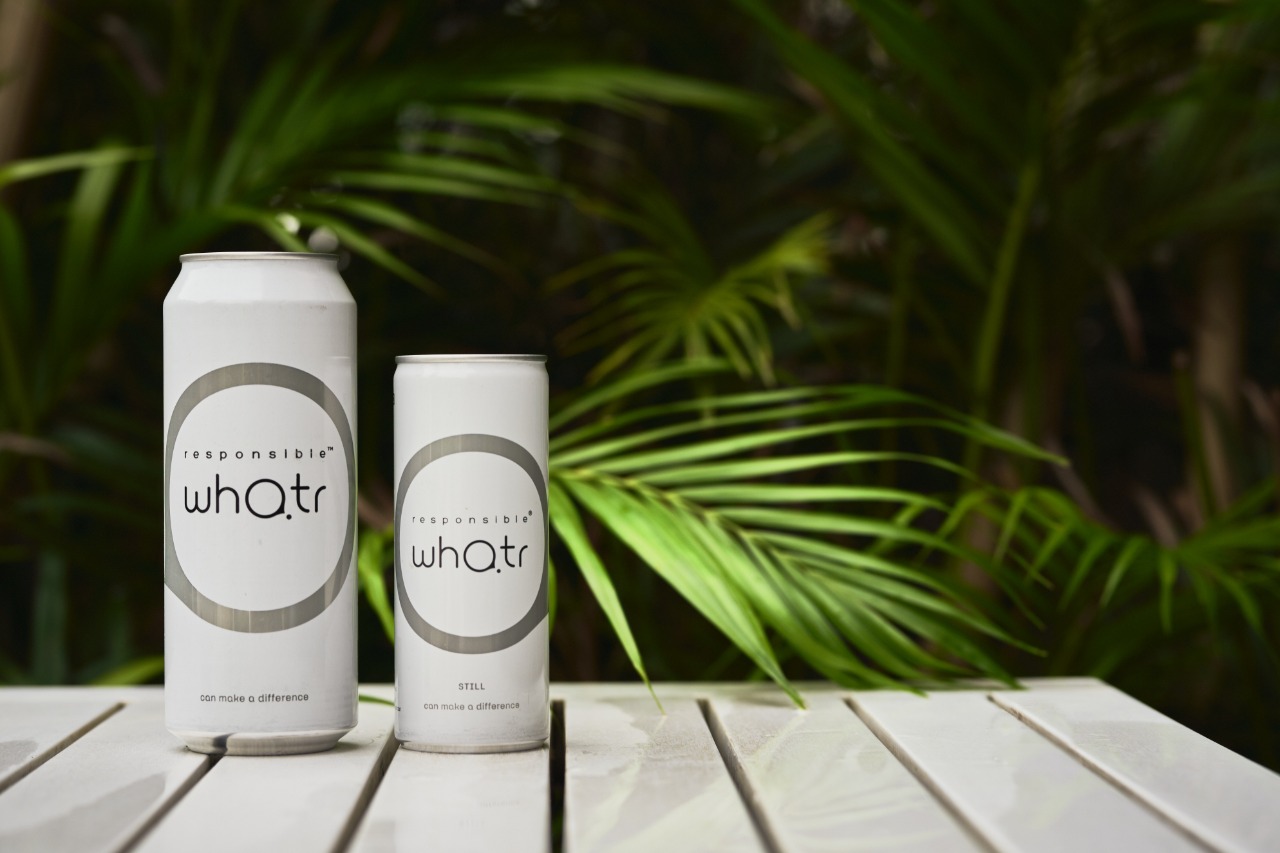

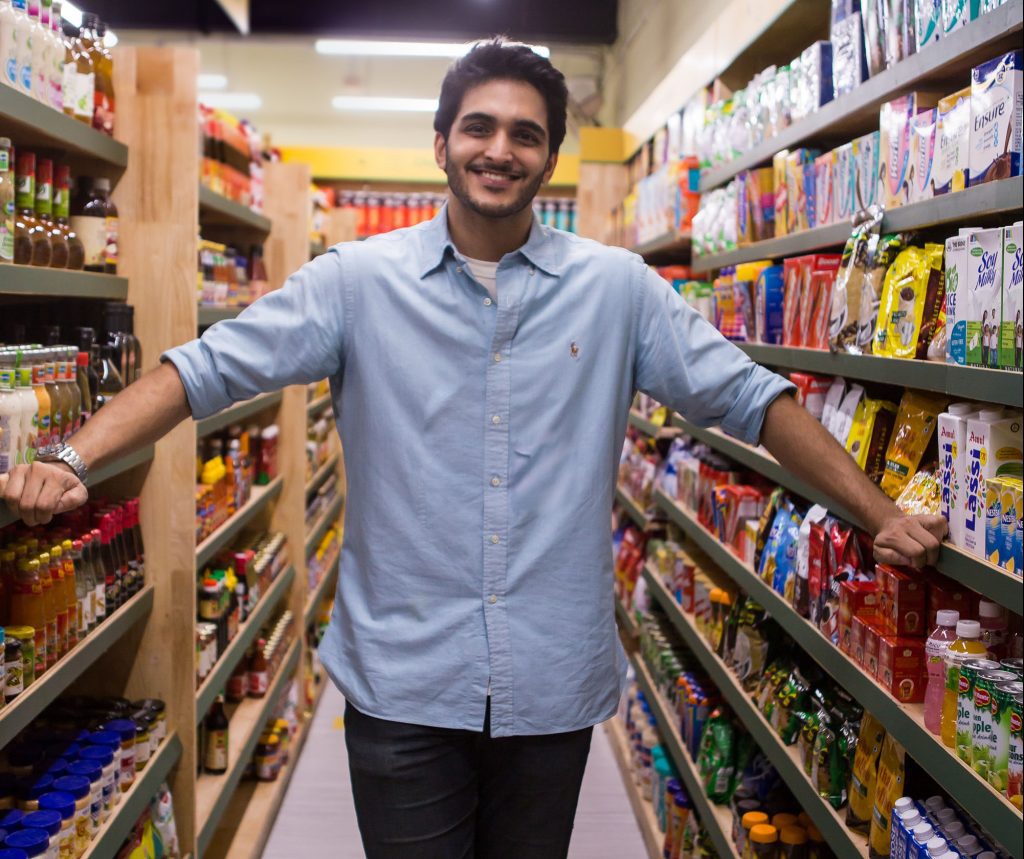 Sanjay Dasari, founder, WayCool[/caption]
Sanjay Dasari, founder, WayCool[/caption]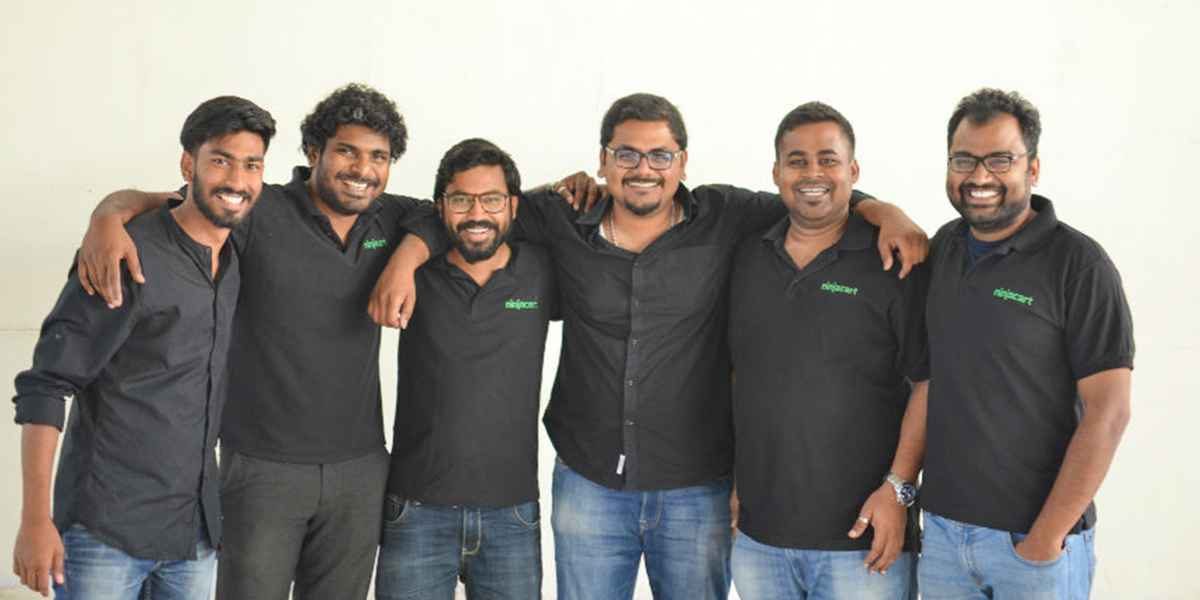
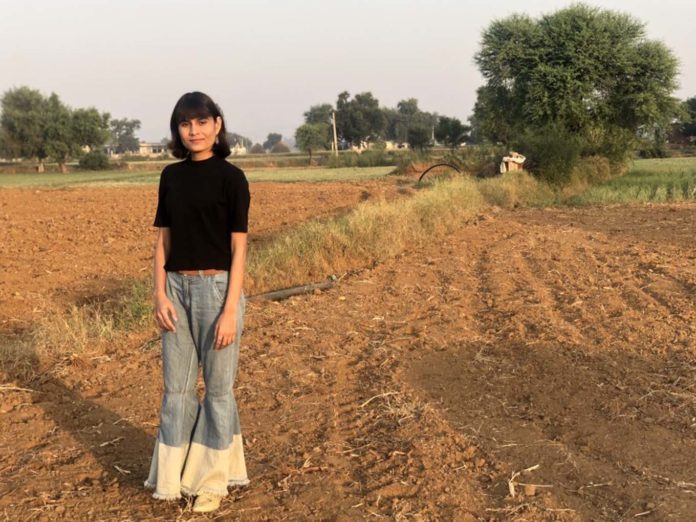 Anu Meena, founder, Agrowave[/caption]
Anu Meena, founder, Agrowave[/caption]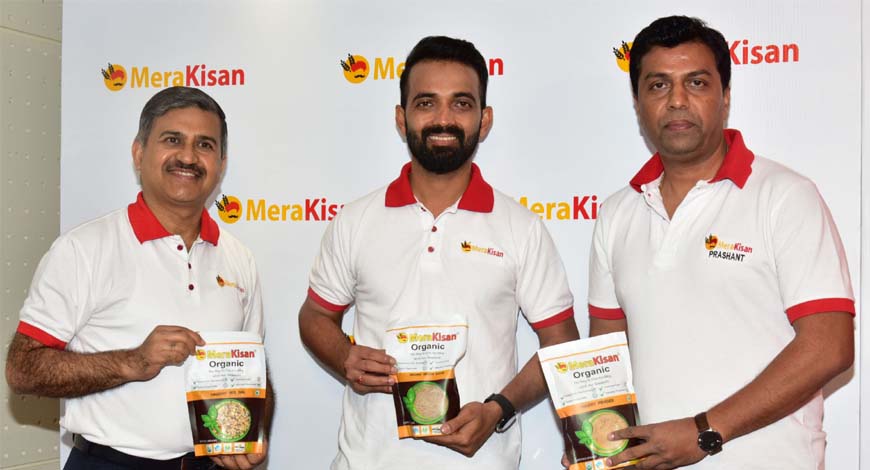 Prashant Patil with the company's brand ambassador, cricketer Ajinkya Rahane[/caption]
Prashant Patil with the company's brand ambassador, cricketer Ajinkya Rahane[/caption]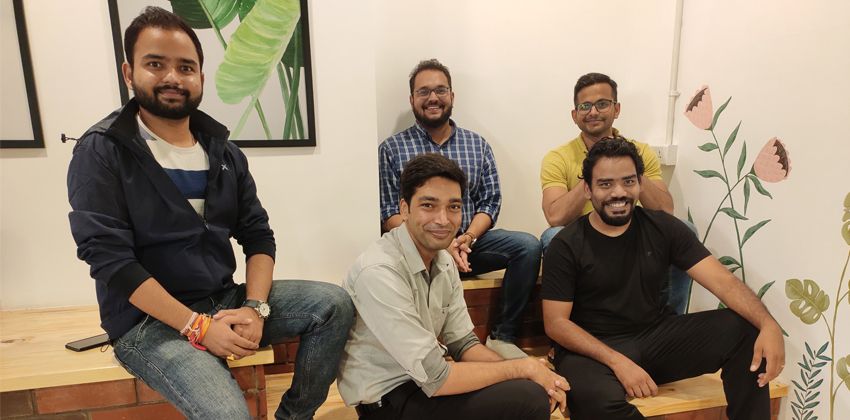 Nikhil Tripathi, Mahesh Jakhotia, Nakul Upadhye, Jitender Bedwal, and Daya Rai[/caption]
Nikhil Tripathi, Mahesh Jakhotia, Nakul Upadhye, Jitender Bedwal, and Daya Rai[/caption]